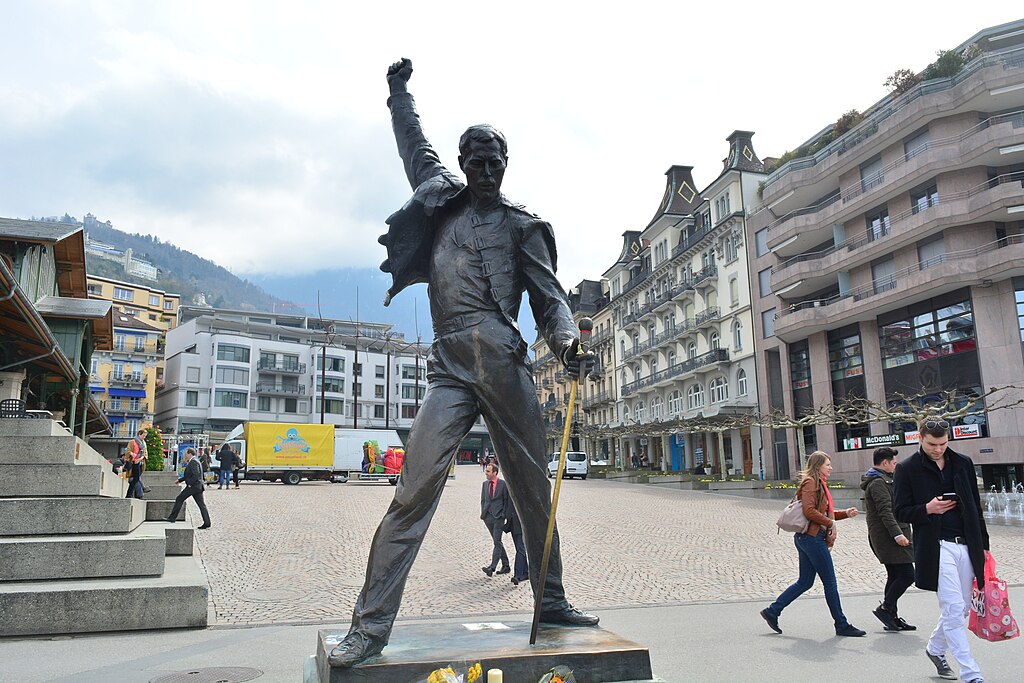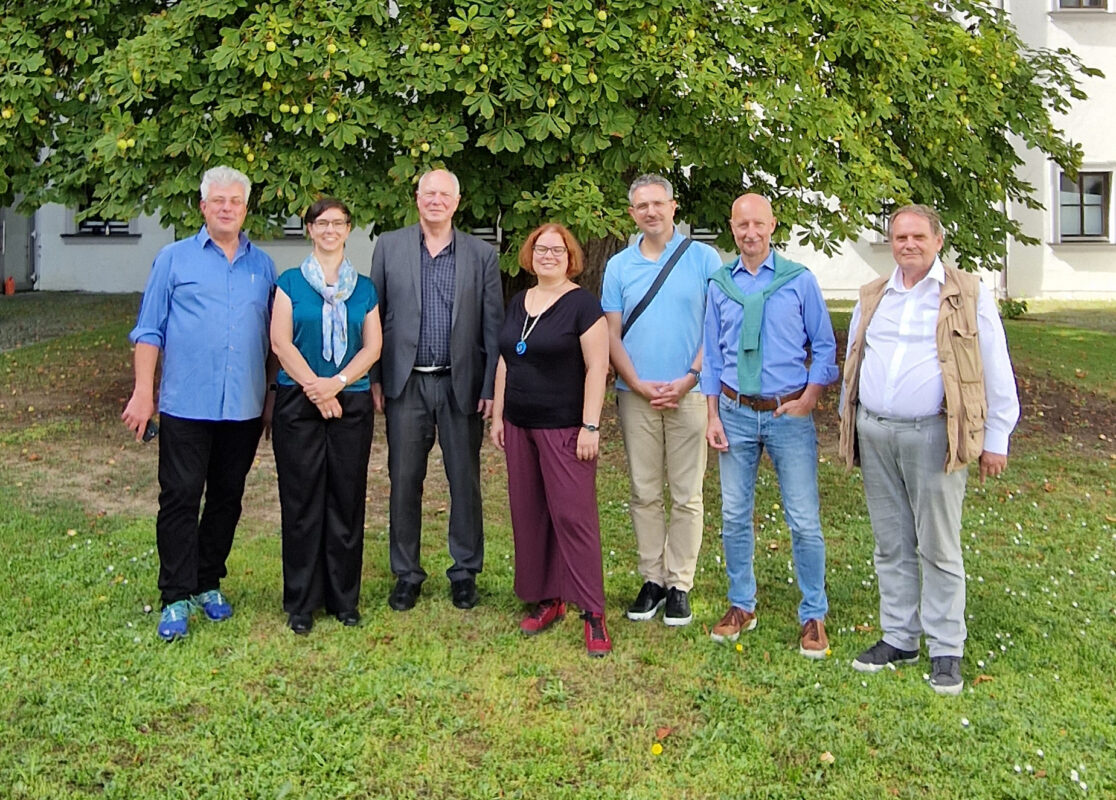Music is part of Europe's DNA
At their regular annual meeting in Aarau, the three national music councils of Germany, Austria and Switzerland agreed on a statement on their understanding of the role of the European Union's cultural policy.

The designated President of the European Commission, Ursula von der Leyen, presented the European Commission's portfolio distribution in September: None of the newly nominated EU Commissioners is responsible for culture in their title.
In contrast, the three national music councils of Germany, Austria and Switzerland (DACH) are calling on the European Parliament and the future EU Commission President Ursula von der Leyen to increase the visibility of culture and to see it as a cross-cutting task.
According to the statement, "a cultural impact assessment for the Commission's projects, as already laid out in the Maastricht and Lisbon Treaties, could contribute to this". In view of the fact that societies are drifting apart, the European Union is more dependent than ever on seeing itself as a community of values. Balancing the right to national cultural policies enshrined in the Unesco Convention on Cultural Diversity with the socio-political dimension of a European cultural policy was one of the challenges facing the future Commission.
The German Music Council, the Austrian Music Council and the Swiss Music Council (DACH) claim to represent the interests of around 15 million people in all areas of musical life.
Photo: Clint Adair / Unsplash








